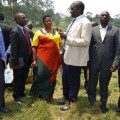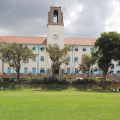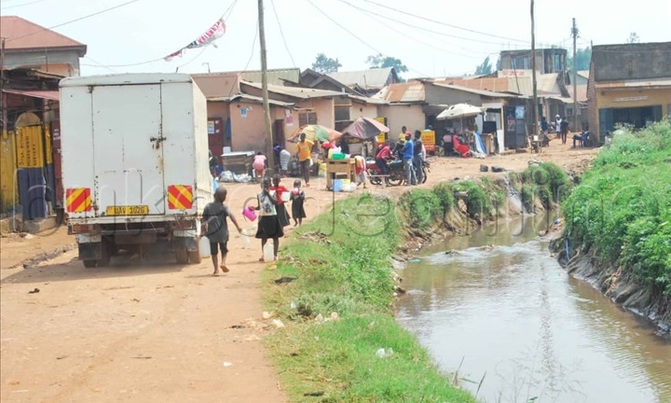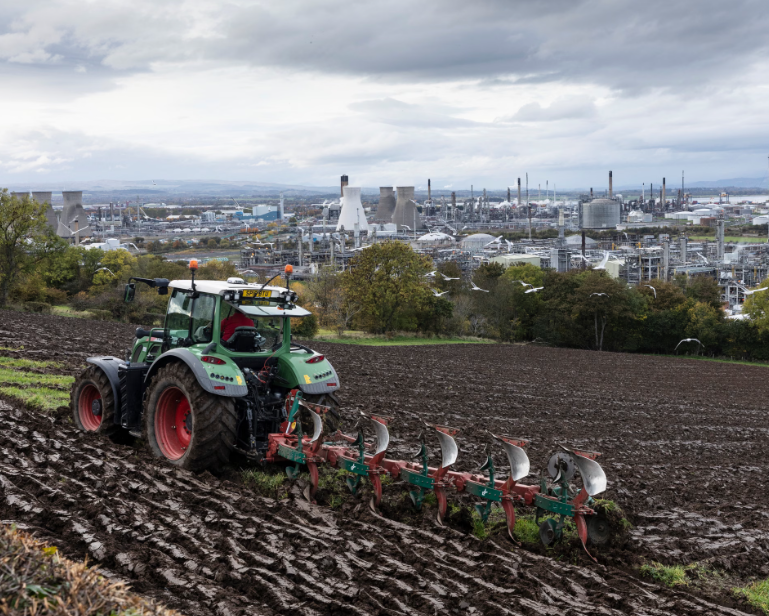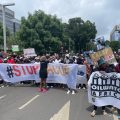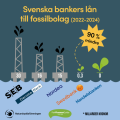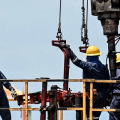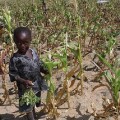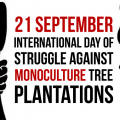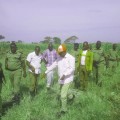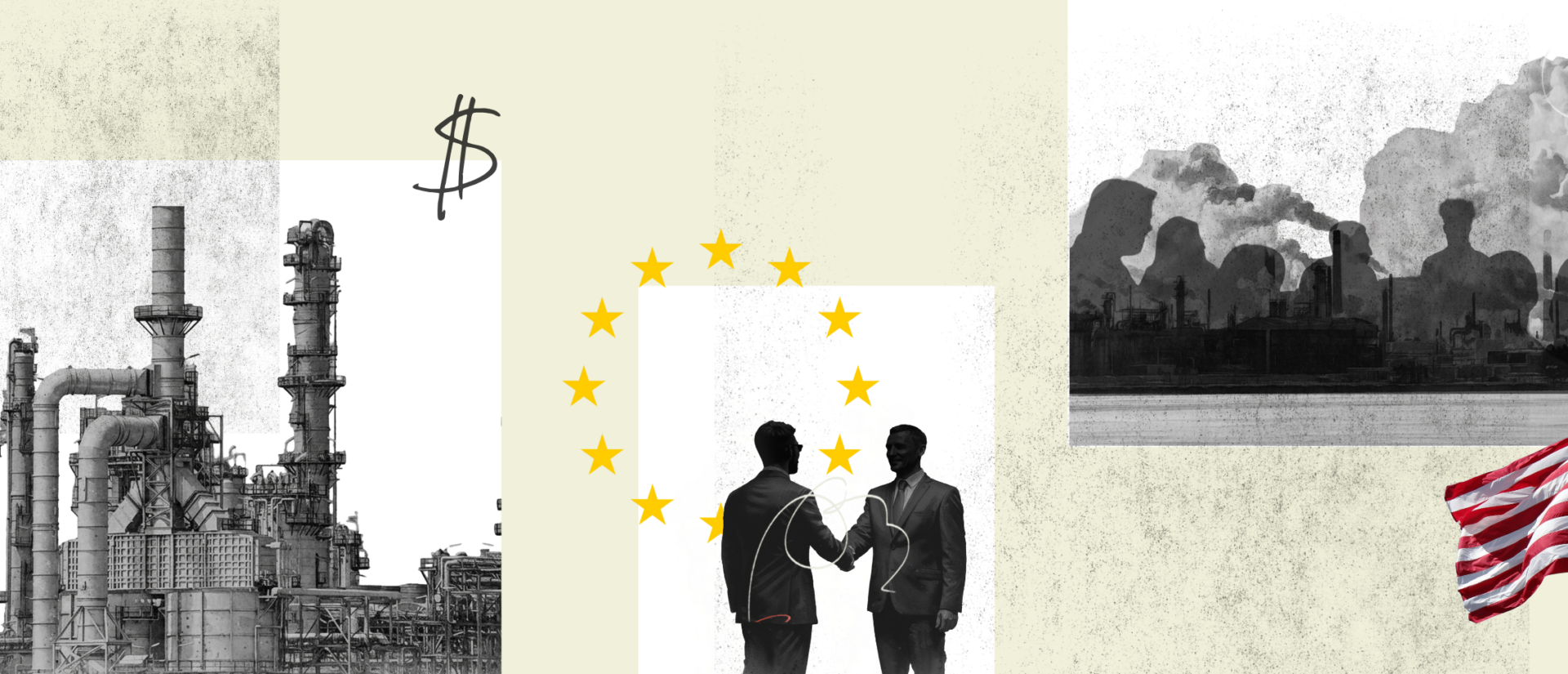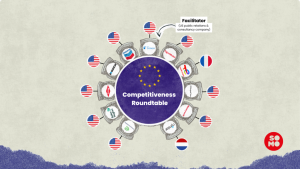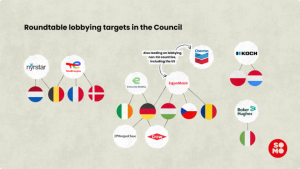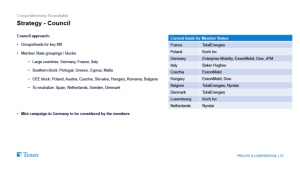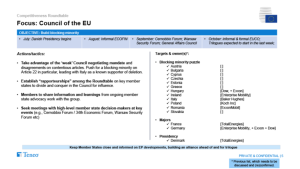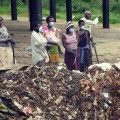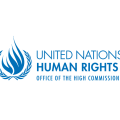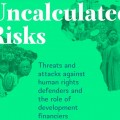Minister of Water and Environment Sam Cheptoris addressing the media during press conference at Uganda Media Centre on January 29, 2020.Photo by Ramadhan Abbey
Land titles that were obtained after 1995 have been cancelled and about 300 land titles have been cancelled so far.
KAMPALA – The Ministry of Lands has cancelled 300 land titles in wetlands following a directive by Cabinet, according to Lucy Iyango, assistant Commissioner for wetlands in the Ministry of Water and Environment.
“Land titles that were obtained after 1995 have been cancelled and about 300 land titles have been cancelled so far,” she said.
She was speaking at the Uganda Media Center in Kampala during the press conference presided over by Sam Cheptoris, the Minister of Water and Environment ahead of the commemoration of the World Wetlands Day.
The Day is celebrated globally on 2nd February but the national celebrations will be held on February 7th at Bumbaire sub-County in Bushenyi under the theme, “Wetlands and Biodiversity”.
(L-R) Wanyama Wilberforce senior Wetland officer Ministry of Water and Environment, Lucy Iyanga Assistant Commissioner Ministry of Water and Environment chats with the Sam Cheptoris Minister of Water and Environment after addressing media at Uganda Uganda Media Centre. This was on January 29, 2020.Photo by Ramadhan Abbey
Iyango the Commissioner under the Wetland Management Department in the Ministry of Water and Environment said that the wetland cover has declined from 13% in 1994 to 8.9% currently which is about 4,500 hectares of wetland lost.
Degradation highest in South Western
She also said South Western Uganda is at the top of the list of wetland degraders followed by Central region where Kampala city is sitting.
In terms of wetlands destroyed, papyrus swamps have suffered more than any other wetland but in eastern Uganda, the seasonal wetlands.
Restoration efforts
She added that their key mission is to restore the lost hectors and are undertaking restoration activities countrywide like Lubigi wetland, some areas in Kansanga and Kyetinda wetlands have been restored.
Cheptoris thanked the president for his tireless effort in educating the masses about the importance of wetlands and sourcing for funding from the Green Climate Fund to support wetland restoration in Uganda.
“Wetlands provide us with ecosystem services such as food, water, mitigating climate change and disease spread, nutrient recycling oxygen production and cultural values worth USD $47 trillion annually more than those from forests, deserts or grasslands, “Cheptoris said.
He also pointed out that wetlands provide sanctuary to water birds, fish, amphibians, and reptiles and plant species during important stages by providing roosting, nesting and feeding habitats as well as a refuge during extreme weather conditions.
Cheptoris said that wetlands have a number of environmental and social values arising from biodiversity which provide essential services to our communities and also build resilience, provide livelihoods for 1 billion people and purify water.
He, however, noted that people have gone ahead to degrade wetlands which has led to the flooding of Kampala roads and pollution of water bodies since they are no wetlands to filter the water and urged them to be mindful of human activities that degrade wetlands.
“Wetlands are property of Uganda but sadly, the rich in Kampala refuse to be evicted from wetlands and go ahead to drag them to court which frustrates our work “Sam explained.
“All is not lost, the Ministry of Water and Environment is working with its partners to reverse wetland degradation that has been rife in Uganda and some of its strategies are, restoration of degraded areas and protection of wetlands worldwide. “Cheptoris added.
Cheptoris said that they have supported communities to set up projects like fish farming, irrigation schemes, and beekeeping reducing people encroaching on wetlands. This has provided alternative livelihood.
He said this is being done in 12 districts in eastern Uganda and 12 in western Uganda making a total of 24 districts across the country. Cheptoris said initiatives at Limoto wetland in Pallisa have been outstanding and that this is being replicated in other districts.
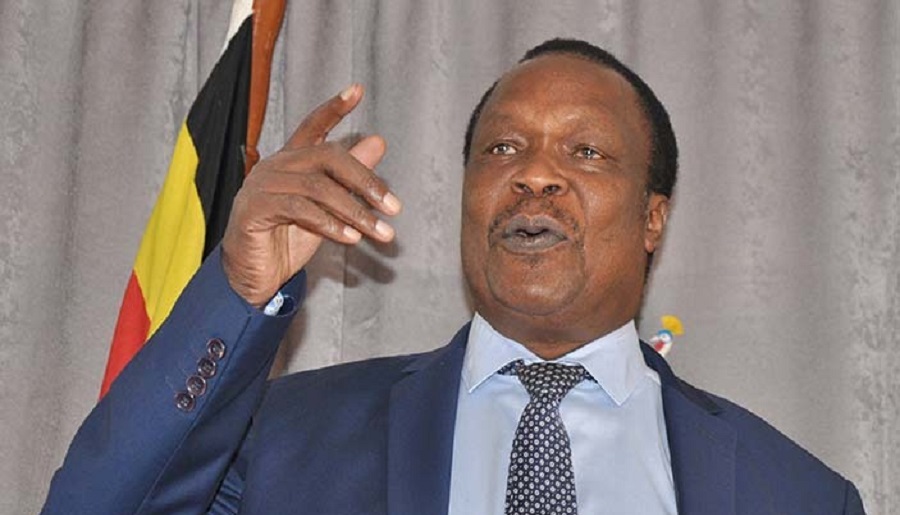

 MEDIA FOR CHANGE NETWORK1 week ago
MEDIA FOR CHANGE NETWORK1 week ago
 MEDIA FOR CHANGE NETWORK2 weeks ago
MEDIA FOR CHANGE NETWORK2 weeks ago
 FARM NEWS2 weeks ago
FARM NEWS2 weeks ago
 MEDIA FOR CHANGE NETWORK4 days ago
MEDIA FOR CHANGE NETWORK4 days ago
 MEDIA FOR CHANGE NETWORK4 days ago
MEDIA FOR CHANGE NETWORK4 days ago
 MEDIA FOR CHANGE NETWORK2 days ago
MEDIA FOR CHANGE NETWORK2 days ago

